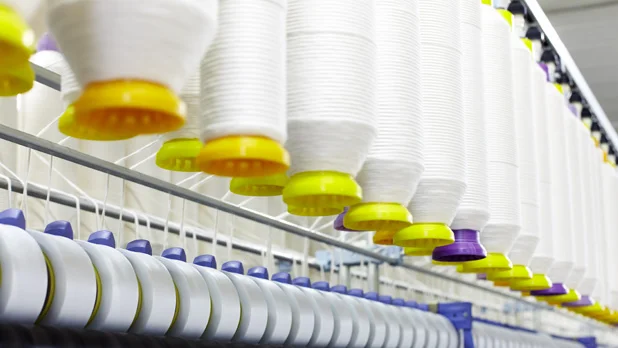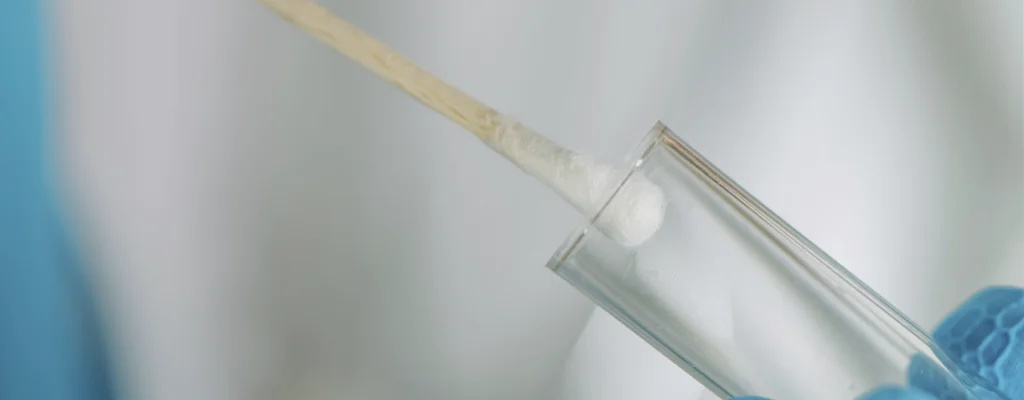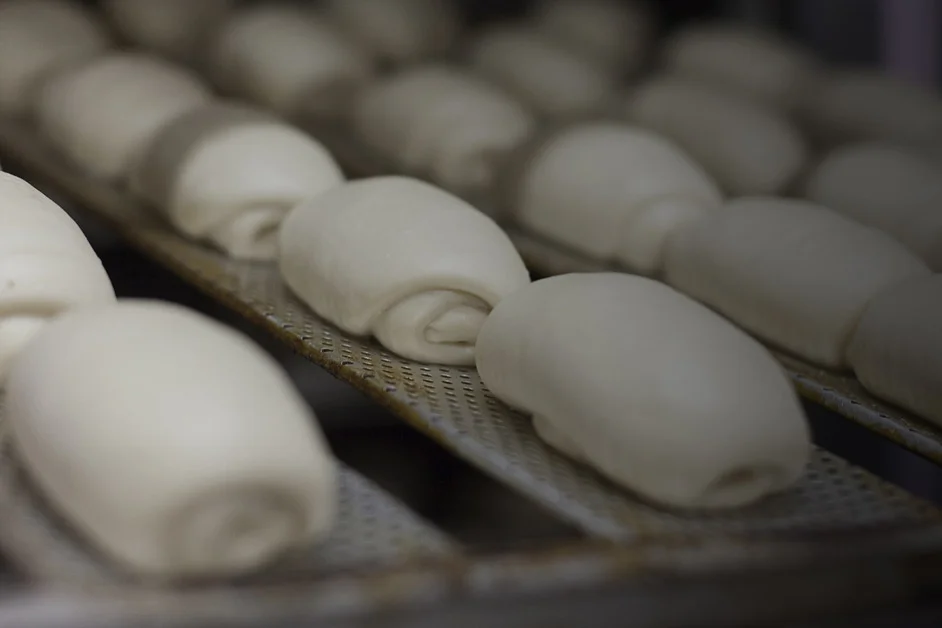The commodities we source and market through our network play an essential role in today’s world. From the grains and seeds that feed us and our animals, to the cotton that clothes us and the energy products that power cars and factories, what we do touches many parts of modern life.
Grains
Grains including wheat, corn, barley, rice and sorghum are key ingredients in the diets of most of the world’s population, providing necessary nutrients through staples such as breads, rice, noodles and tortillas. They are also used in the production of animal feed, ethanol, cosmetics and alcohol.

Oilseeds
Oilseeds, such as sunflower, soybeans, rapeseed and canola, are crushed to create vegetable oil, used both in food and to produce green renewable fuels. The content left over is the protein-rich meal, which is fed to animals kept for meat and milk production. Another byproduct of oilseeds is glycerin, which is widely used in cosmetics and in food.
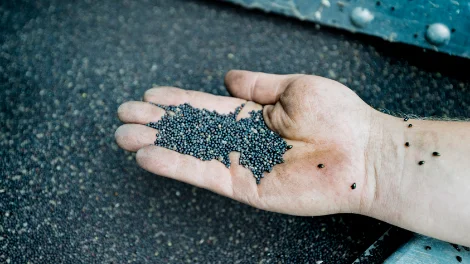

Pulses
Pulses are mainly used in raw whole form, split or ground into flour in foods like dals, soups, hummus, plant-based pastas and snack products. The protein and starch are also extracted from pulses and used to enrich products such as plant-based protein powders and bars, snacks, spreads, non-dairy milks and drinks.
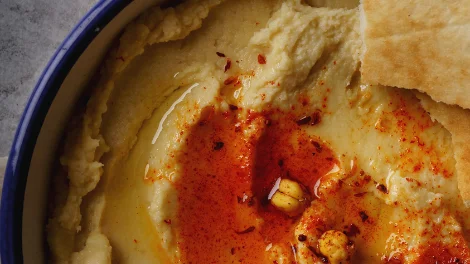
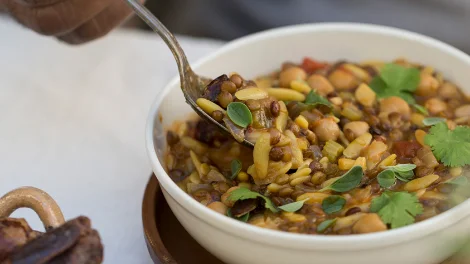
Sugar
Sugar is processed from the juice of sugarcane and sugar beet. Refined sugar is used in a wide range of food and drink. It is also used by the pharmaceutical, cosmetic, fermentation and nutrition industries. The juice can be turned into alcohol and bio-ethanol, a “green” fuel mostly blended into gasoline.
The left-over fibre from crushed sugarcane, bagasse, is used as a natural fuel source to power our sugarcane crushing plant. Any excess electricity is supplied to the local power grid. Beet pulp, the fibrous material left once sugar is extracted from beets, is used in animal feed.
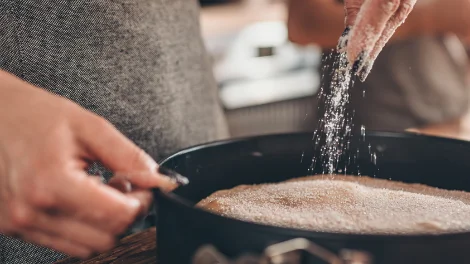
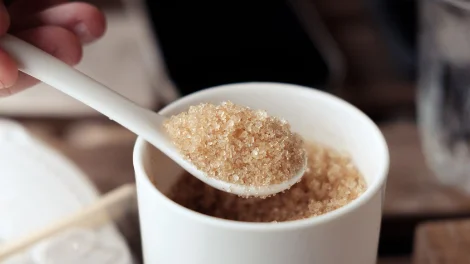
Cotton
The cotton plant provides fibre for textiles and seed that can be processed into oil for human consumption and meal for animal feed or organic fertiliser.
The fibre is the most valuable part of the plant. It is spun into yarn, which can be knitted or woven into fabric. Despite competition from man-made fibre, cotton remains the preferred choice for most clothing, towelling and home furnishing uses due to its softness, breathability and durability.
